
Following repeated attempts to address the distribution challenges of commodities in the city, the Addis Ababa Trade Bureau is adopting a digital system developed by Makiba General Trading Plc.
The system, dubbed Agelgil Delivery, was incepted three years ago with an investment of 5.5 million Br. It aims to deliver government-subsidised consumable goods such as sugar and edible oil directly to consumers, bypassing Consumer Associations.
The company sought permission from the Addis Ababa Trade Bureau to digitise coupons used to streamline commodities, and the request was granted. A pilot program was launched in Kolfe Keranio District Wereda 08 in July 2022, delivering sugar from the Consumers Association.
After the officials observed improved distribution, the service was expanded to Weredas 1, 6, 9, and 10 in July 2022.
The decision was met with apprehension from Consumer Associations, who were dismayed by the shift, which prompted Agelgil to suspend delivery services for a year.
According to General Manager Awash Mohammed, the company lost over 3.2 million Br during that period.
Makiba Trading, which previously distributed goods from factories and wholesalers to shops, was founded five years ago with a capital of 16,000 Br. Its flagship service, Agelgil, came into effect during the COVID-19 pandemic.
Agelgil has registered over 100,000 customers in the 10 Weredas of Kolfe Keranio District. According to Awash, it has monthly expenses of around 850,000 Br, 10-15 employees per Wereda, and a profit margin of 0.80-1.25 Br.
"Our goal here is to deliver, not to squabble," Awash told Fortune.
The company was not initially interested in purchasing and selling sugar, as it would require significant resources and capital. However, because the Bureau wants it that way, they are demanding to be supplied with sugar on credit and to pay after delivery.
Ethiopia's local sugar consumption demand was estimated at 1.2 million tonnes in 2020/2021, compared to 340,000tn of local production. As of June 2022, the Ethiopian Sugar Industry Group (ESIG) has procured 100,000tn of sugar, with an annual production capacity of 450,000tn.
Addis Abeba City Administration subsidised eight billion Birr for commodities such as sugar and petroleum and distributed half of the planned one million quintals of sugar in the last fiscal year due to a supply shortage.
The Addis Abeba Trade Bureau has had difficulty monitoring the distribution channel and frequently clashes with Consumer Associations over a lack of transparency. According to the Bureau's annual report, 82.9qtl of illicitly distributed sugar was seized last year.
Sewnet Ayele, a communications officer for the Bureau, claims that the Associations frequently fail to match the amount of sugar delivered with the number of people in the area. He stated that a one-month trial with the digital delivery system has earned them an extra 60qtl from one district, with plans to implement it across the city.
"It is a good relief," said Sewnet.
However, consumer associations are having trouble adjusting to the system.
Berhan Consumers Association has six outlets across the Kolfe Keranio District Wereda 08 area. Gebretinsay Kassu, head of the Association said they were forced to give 202qtl of sugar to Agelgil Delivery for 6,325 Br a quintal with up to 300 Br profit margin.
"We have lost our customers," Gebretinsay told Fortune.
The remaining 47qtl was distributed among school feeding centres, Association employees, and public servants at the request of Wereda's Trade Bureau.
According to Gebretinsay, consumers who are unaware of the system still go to the store, but their walk-in customer base who would buy other commodities while visiting the stores has plummeted insurmountable.
"We were ordered to do so," he told Fortune.
Consumers register for digital delivery through a mobile application and get cards to scan.
"The priority is to eliminate inefficient distribution system," said Gizachew Ali, former head of Addis Abeba Cooperatives Agency responsible for the Consumer Associations around the city.
Gizachew recommends that Associations take a proactive approach during the digitisation process. He believes that recognising limitations and involving the private sector is essential for significant progress.
Residents familiar with the process gather around when the delivery van arrives even before the knock on their door. One of them is Zebiba Fedlu, a mother of three who lives around the Wereda 8 area.
As she lives in a rented house with the possibility of changing location anytime, having a digital permanent coupon has been a relief for Zebiba.
She uses sugar with her tea and coffee at least two times a day. She claims the text message she received on the day of the delivery prevented her from helplessly wandering around the association shops.
"I'm glad I don't have to queue for hours.," she said.
Sustainability is what worries Zebiba. She is afraid the delivery will be discontinued following the pilot program.
"It doesn't matter who brings it," She told Fortune. "As long as I get sugar."
Although it is recommended to simplify the delivery process by reducing the number of intermediaries, economists such as Atlaw Alemu (PhD), a lecturer at Addis Abeba University, suggest that the feasibility should be thoroughly examined before ultimately transferring the service.
Atlaw believes that the Bureau should take responsibility for delivering services accurately and punctually rather than pointing fingers at Consumer Associations. He is concerned that privatising the service could lead to a monopoly.
"The intention of service over profit is required," he said.
PUBLISHED ON
Aug 26,2023 [ VOL
24 , NO
1217]
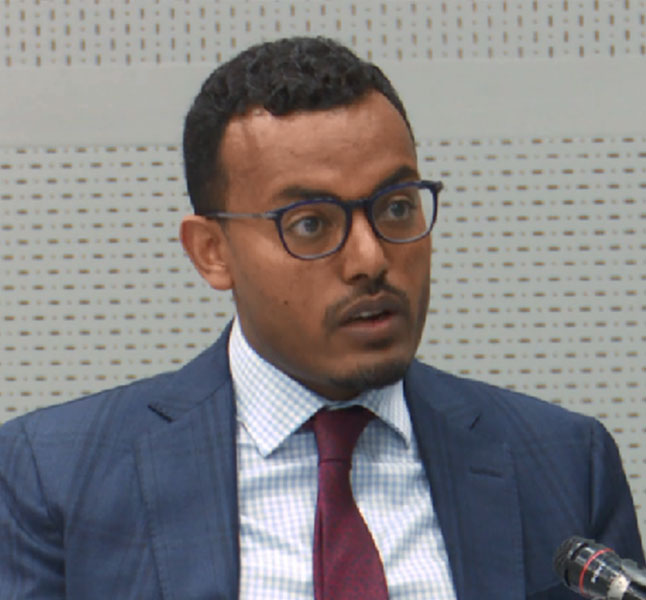
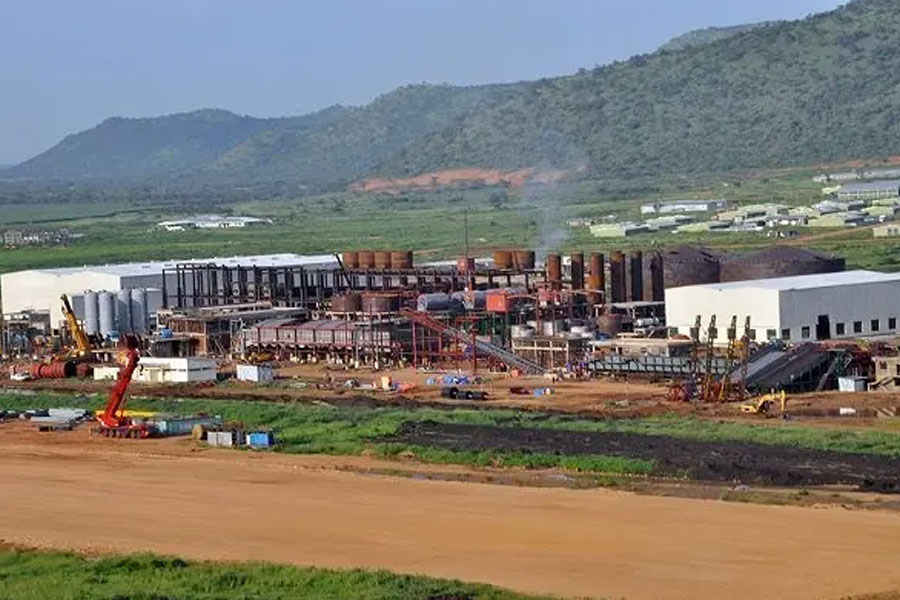
Fortune News | May 08,2021

News Analysis | Jan 01,2022

Commentaries | Oct 19,2019
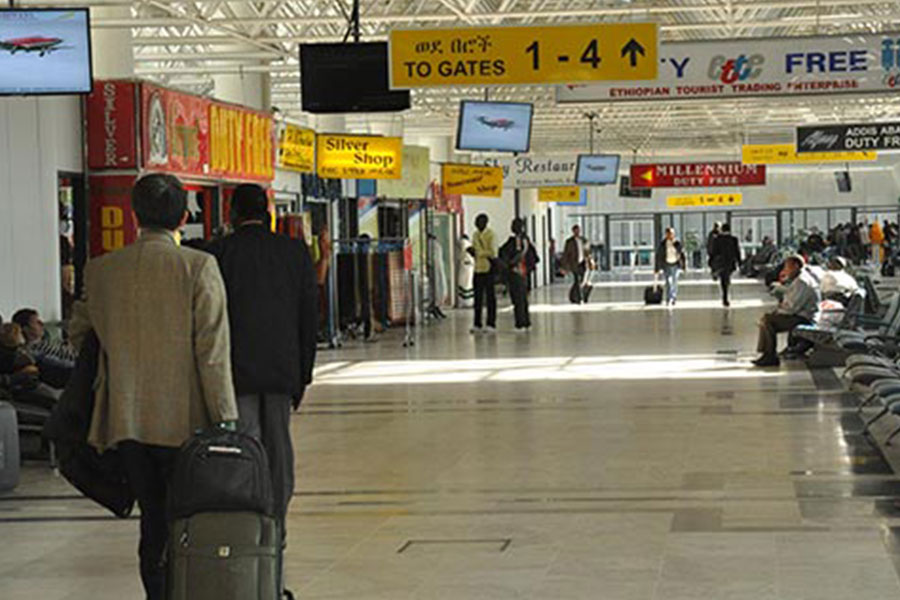
Agenda | Dec 11,2021
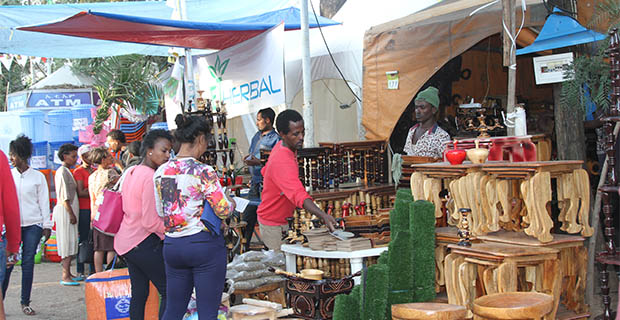
Fortune News | Dec 29,2018

Radar | Feb 04,2023
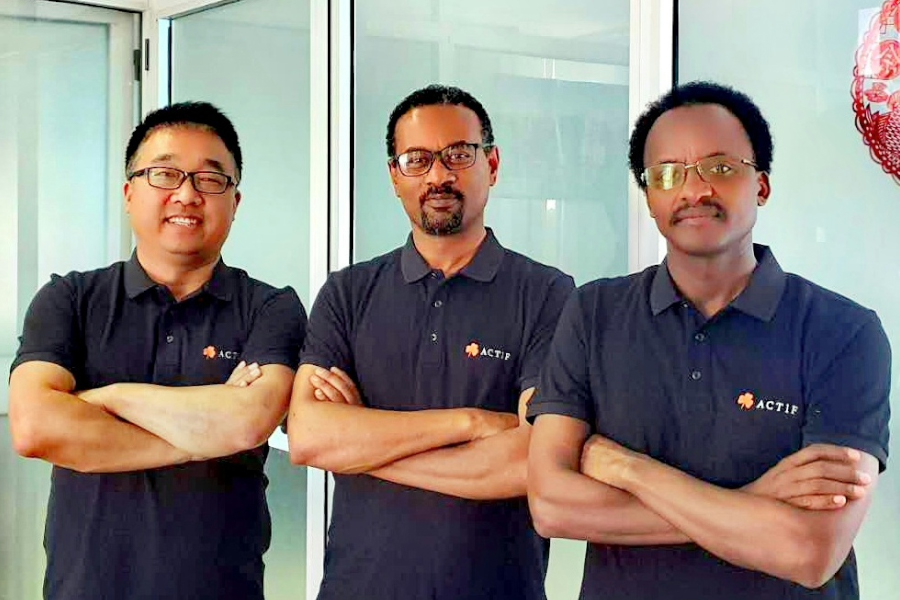
Radar | Sep 29,2024

My Opinion | Apr 09,2023
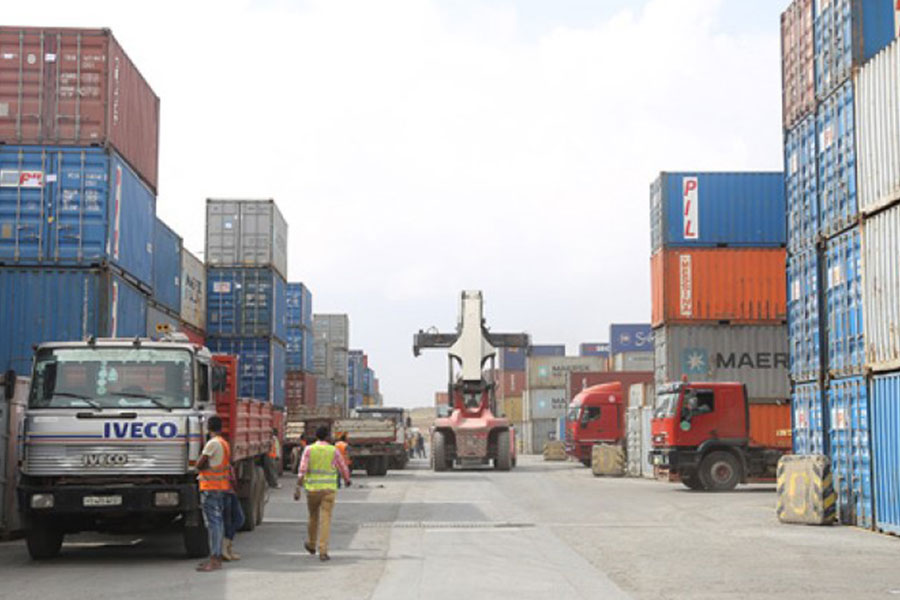
Fortune News | May 07,2022

Dec 22 , 2024 . By TIZITA SHEWAFERAW
Charged with transforming colossal state-owned enterprises into modern and competitiv...

Aug 18 , 2024 . By AKSAH ITALO
Although predictable Yonas Zerihun's job in the ride-hailing service is not immune to...

Jul 28 , 2024 . By TIZITA SHEWAFERAW
Unhabitual, perhaps too many, Samuel Gebreyohannes, 38, used to occasionally enjoy a couple of beers at breakfast. However, he recently swit...

Jul 13 , 2024 . By AKSAH ITALO
Investors who rely on tractors, trucks, and field vehicles for commuting, transporting commodities, and f...

Oct 18 , 2025
The political establishment, notably the ruling party and its top brass, has become p...

Oct 11 , 2025
Ladislas Farago, a roving Associated Press (AP) correspondent, arrived in Ethiopia in...

Oct 4 , 2025
Eyob Tekalegn (PhD) had been in the Governor's chair for only weeks when, on Septembe...

Sep 27 , 2025
Four years into an experiment with “shock therapy” in education, the national moo...